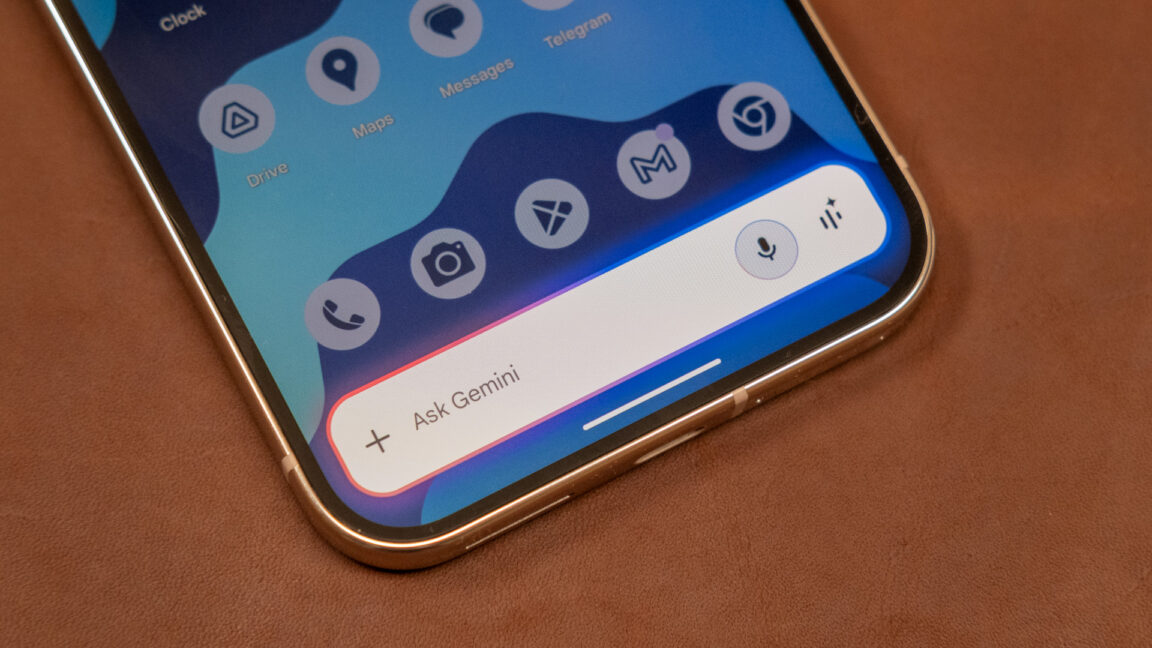Introduction to the Controversy
Faced with mounting backlash, OpenAI removed a controversial ChatGPT feature that caused some users to unintentionally allow their private—and highly personal—chats to appear in search results. This issue was exposed by Fast Company, which reported that thousands of ChatGPT conversations were found in Google search results, likely representing only a sample of chats "visible to millions."
The Privacy Issue
While the indexing did not include identifying information about the ChatGPT users, some of their chats did share personal details—like highly specific descriptions of interpersonal relationships with friends and family members—perhaps making it possible to identify them. OpenAI’s chief information security officer, Dane Stuckey, explained that all users whose chats were exposed opted in to indexing their chats by clicking a box after choosing to share a chat.
How Users Were Misled
Fast Company noted that users often share chats on WhatsApp or select the option to save a link to visit the chat later. However, users may have been misled into sharing chats due to how the text was formatted. When users clicked ‘Share,’ they were presented with an option to tick a box labeled ‘Make this chat discoverable.’ Beneath that, in smaller, lighter text, was a caveat explaining that the chat could then appear in search engine results.
Example of the Share Box
An example of the ChatGPT Share box, as shared by Dane Stuckey on X, shows the option to make a chat discoverable. The box includes a caveat in smaller text, which may have been overlooked by some users.
OpenAI’s Response
At first, OpenAI defended the labeling as "sufficiently clear." However, Stuckey confirmed that "ultimately," the AI company decided that the feature "introduced too many opportunities for folks to accidentally share things they didn’t intend to." According to Fast Company, that included chats about their drug use, sex lives, mental health, and traumatic experiences. Carissa Veliz, an AI ethicist at the University of Oxford, expressed shock that Google was logging "these extremely sensitive conversations."
Removal of the Feature
Stuckey called the feature a "short-lived experiment" that OpenAI launched "to help people discover useful conversations." He confirmed that the decision to remove the feature also included an effort to "remove indexed content from the relevant search engine" through Friday morning.
Conclusion
The removal of the controversial ChatGPT feature is a step towards protecting user privacy. The incident highlights the importance of clear and transparent labeling of features that may affect user privacy. It also underscores the need for users to be cautious when sharing personal information online.
FAQs
- Q: What was the controversial ChatGPT feature?
A: The feature allowed users to share their chats, which could then appear in search engine results. - Q: Why was the feature removed?
A: The feature was removed because it introduced too many opportunities for users to accidentally share personal information. - Q: What kind of information was shared?
A: The shared information included chats about drug use, sex lives, mental health, and traumatic experiences. - Q: How did OpenAI respond to the issue?
A: OpenAI initially defended the labeling as "sufficiently clear" but ultimately decided to remove the feature and remove indexed content from search engines. - Q: What can users do to protect their privacy?
A: Users should be cautious when sharing personal information online and carefully review features that may affect their privacy.










